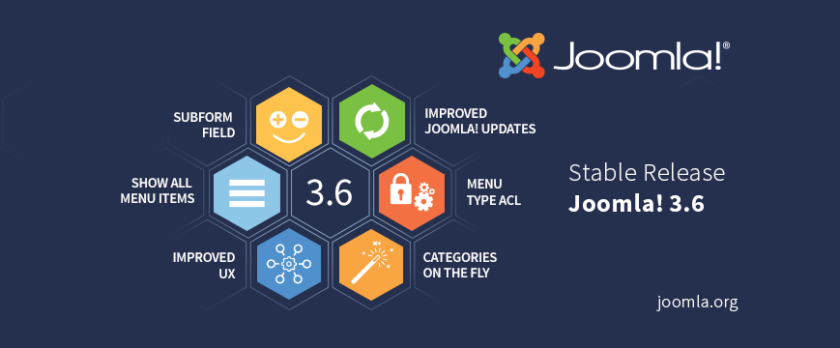WordPress Alternatives Open Source: WordPress is popular. WordPress has a 60.8% market share in the CMS market. But it is not the only publishing platform. There are very good alternatives if you are looking for one.
Just like WordPress, each of these competitors is different and have their own good and bad faces. You need to understand those differences and limitations when choosing a WordPress alternative.
If you are new to WordPress, here is where you will find how to master it on your own PC. Click here.
In this post, I will share some of the most popular alternatives to WordPress currently available on the market.
Why everyone does not like WordPress?
Though WordPress has more than 60% market share in the CMS market, it is not everyone’s cup of cake.
Not everyone likes the fact that WordPress is written in PHP. Not everyone likes the fact that WordPress users have to install so many plugins to leverage its capability.
Some business owners don’t want the hassle of managing their own website backups, security, and updates.
1. Wix
Wix is the “platform that gives you the freedom to create, design, manage and develop your web presence exactly the way you want” as its official website states.
2. Joomla

Joomla is as good as WordPress. CMS definitely has some nifty features built right in, most importantly, management for multilingual web pages – but it’s complicated!
WordPress sometimes almost feels like a website builder for beginners. If you feel the same, you’ll find Joomla a little more complex.
On a more positive note, Joomla is generally a much more secure platform than WordPress. Hackers generally prefer the biggest platform, and that’s what WordPress has become. Joomla also has 2-factor authentification built right in, which makes it much harder for unauthorized visitors to break into your website.
3. Medium

Every couple of years there is usually a new platform that gets hyped. Medium is a good example. They provide a really smooth editing experience through their editor.
Many companies moved or started their blog on the Medium platform for their blogs. The lucky ones among them could still publish on their own sub-domain name.
But that suddenly changed a while back. Now you have to publish on the Medium.com domain, which is a terrible idea if SEO is important to you. Also, you get annoying mobile pop-ups pushing you into installing the Medium app.
4. Squarespace

The Squarespace is a website builder that’s popular among creative users. The designs are modern, very stylish and responsive, meaning that they automatically adjust to the screen size of every visitor.
But as a new platform, the resources are comparatively lesser than the giants like WordPress and Joomla. It is pricey as well.
5. Drupal
Drupal is yet another PHP-based open-source CMS and distributed under the GNU General Public License.
Moreover, Drupal has great standard features, like easy content authoring, reliable performance, and excellent security.
But without some technical know-how, someone won’t like Drupal.

